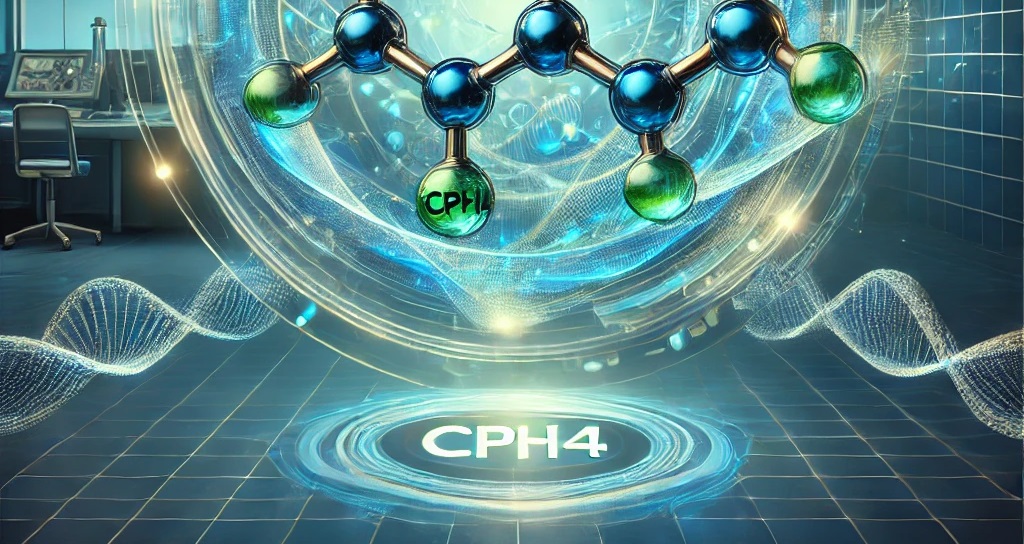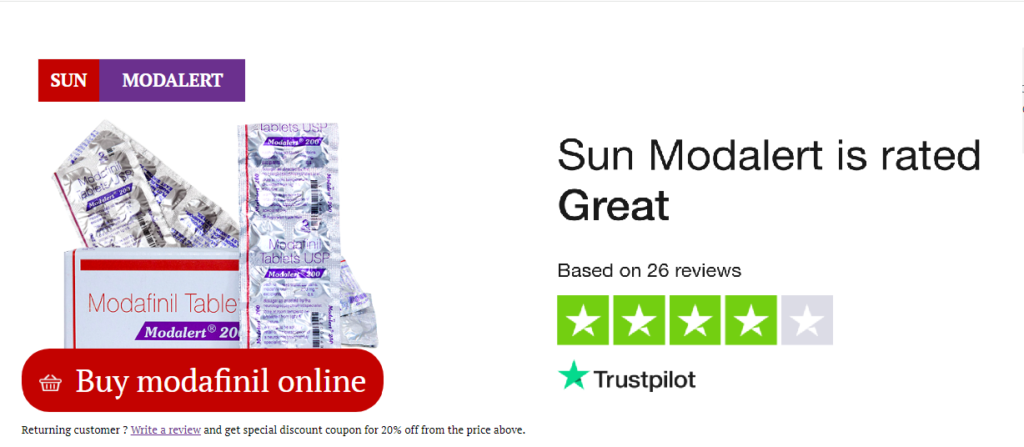In the 2014 sci-fi film Lucy, the protagonist unlocks extraordinary cognitive and physical abilities after ingesting a fictional drug called CPH4. While entirely a product of creative storytelling, CPH4 has sparked curiosity about cognitive enhancers and how real-world substances like modafinil and caffeine stack up. Let’s dissect the fictional premise of CPH4 and compare it with the mechanisms, benefits, and limitations of actual stimulants.
What is CPH4? Fictional Origins
CPH4, in the context of Lucy, is portrayed as a powerful molecule produced in minute quantities during pregnancy to aid fetal brain development. In the film, an exaggerated synthetic version supposedly unlocks untapped brain potential, resulting in superhuman abilities.
While this premise is fictional, it taps into a broader fascination with nootropics (cognitive enhancers) and the idea of maximizing human potential. Scientific reality, however, is more grounded, with no evidence supporting drugs that can unlock 100% of brain capacity, as implied by the “10% brain myth.”
Modafinil: The Wakefulness Enhancer
Modafinil is a real-world pharmaceutical designed to treat sleep disorders like narcolepsy, sleep apnea, and shift work sleep disorder. It functions by modulating dopamine and other neurotransmitter systems, promoting wakefulness and improving focus. Many people often compare it to NZT from Limitless.
Key Characteristics of Modafinil:
- Cognitive Benefits: Users report enhanced alertness, better focus, and sustained mental energy.
- Mechanism: Modafinil increases dopamine availability in the brain but to a lesser extent than traditional stimulants like amphetamines, reducing the risk of addiction.
- Limitations: Side effects may include headaches, nausea, and insomnia. Unlike the fantastical abilities of CPH4, modafinil’s effects are subtle and context-dependent.
Caffeine: The Ubiquitous Stimulant
Caffeine is the world’s most widely consumed psychoactive substance. Found in coffee, tea, and energy drinks, it is celebrated for its ability to improve alertness and combat fatigue.
Key Characteristics of Caffeine:
- Cognitive Benefits: Boosts short-term attention and reduces the perception of fatigue.
- Mechanism: Caffeine blocks adenosine receptors in the brain, delaying the onset of tiredness.
- Limitations: Overconsumption can lead to jitters, anxiety, and disrupted sleep. Unlike CPH4’s fantastical effects, caffeine merely masks fatigue rather than enhancing true brainpower.
Comparing Other Nootropics
- Amphetamines (e.g., Adderall):
- Used for ADHD treatment, these drugs boost dopamine and norepinephrine levels.
- They offer strong focus and energy boosts but come with risks of addiction and cardiovascular side effects.
- L-Theanine (often combined with caffeine):
- Found in green tea, L-theanine promotes relaxation without sedation.
- When paired with caffeine, it balances the stimulant’s jittery effects.
- Racetams (e.g., Piracetam):
- A class of synthetic nootropics believed to enhance memory and learning, though scientific evidence is limited.
CPH4 vs. Real Stimulants: Bridging the Gap
- Power: While CPH4 is fictionalized as an all-powerful enhancer unlocking the brain’s full potential, real-world nootropics offer measurable but limited cognitive improvements.
- Safety: Unlike CPH4’s chaotic and uncontrollable effects in Lucy, approved substances like modafinil and caffeine have been studied extensively for safety and efficacy, albeit with manageable side effects.
- Mechanism: CPH4’s supposed function as a molecule integral to advanced brain growth lacks scientific grounding. Conversely, real stimulants work within the brain’s existing pathways.
Where to Buy Safe CPH4 alternatives
If you’re seeking real cognitive benefits, consider looking into legitimate nootropics or stimulants rather than chasing the fictional allure of CPH4. Reliable options include:
- Online Nootropic Stores:
Websites like Nootropics Depot or Pure Nootropics specialize in well-researched supplements and pharmaceuticals. Popular options include:- Modafinil (requires a prescription in most countries).
- Racetams like Piracetam or Aniracetam.
- Natural options like Rhodiola rosea or L-theanine.
- Pharmacies and Healthcare Providers:
If you’re exploring pharmaceutical cognitive enhancers like modafinil or Adderall, consult a healthcare professional. These medications are regulated and should be used under medical supervision. - Health Stores:
For natural nootropics, local health stores or online marketplaces like Amazon offer products with transparent labeling and reviews.
Tips for Avoiding Scams
When searching for cognitive enhancers, keep the following in mind:
- Research the seller: Ensure the website or store is reputable, with verified reviews and customer feedback.
- Check the ingredients: Avoid products with unclear formulations or unverified claims.
- Regulations: Be aware of local laws regarding nootropics and supplements. Some substances require prescriptions or are restricted in certain countries.
- Beware of bold claims: Promises of “superhuman abilities” are red flags, as no supplement or drug can achieve this.
The Ethics of Cognitive Enhancement
While CPH4’s fictional effects may excite imaginations, they raise ethical questions. Would such a substance, if real, widen societal inequalities? Would cognitive enhancement come at a cost to mental health? With stimulants like modafinil and caffeine already shaping productivity, these questions remain pertinent as science advances.
Conclusion
CPH4 serves as a captivating narrative device, but its science-fiction roots highlight the limits of real-world stimulants. While modafinil, caffeine, and other nootropics offer genuine cognitive benefits, they remain bound by biology and ethics. The pursuit of enhanced brainpower continues to captivate scientists and storytellers alike, blending the lines between what’s possible and what remains pure imagination.

